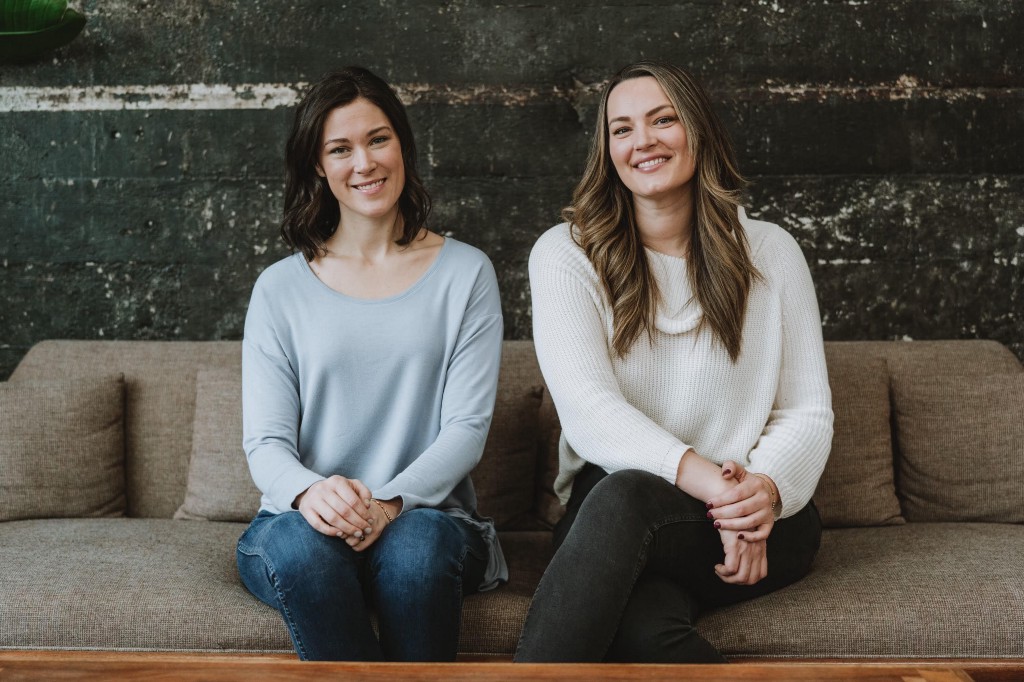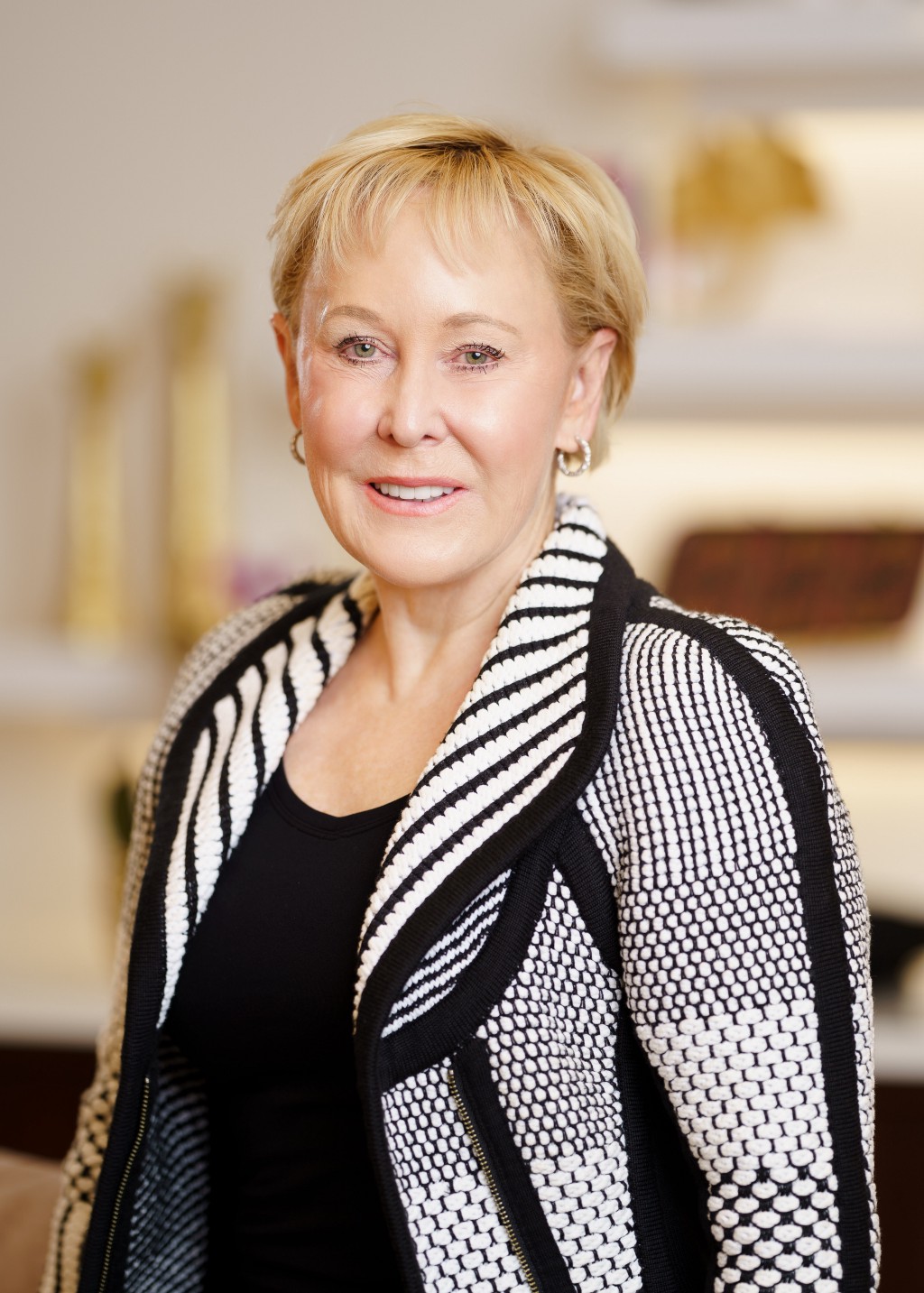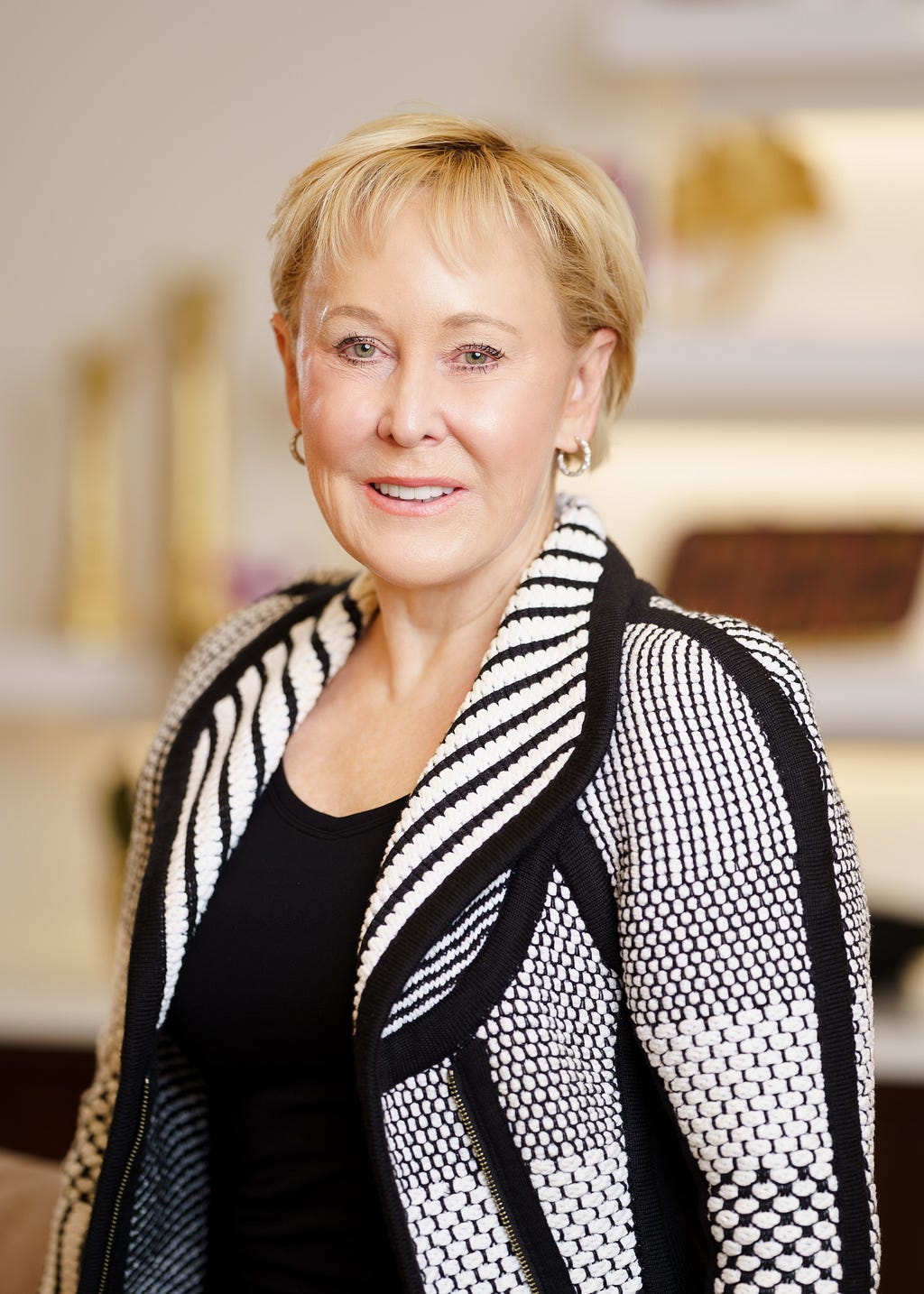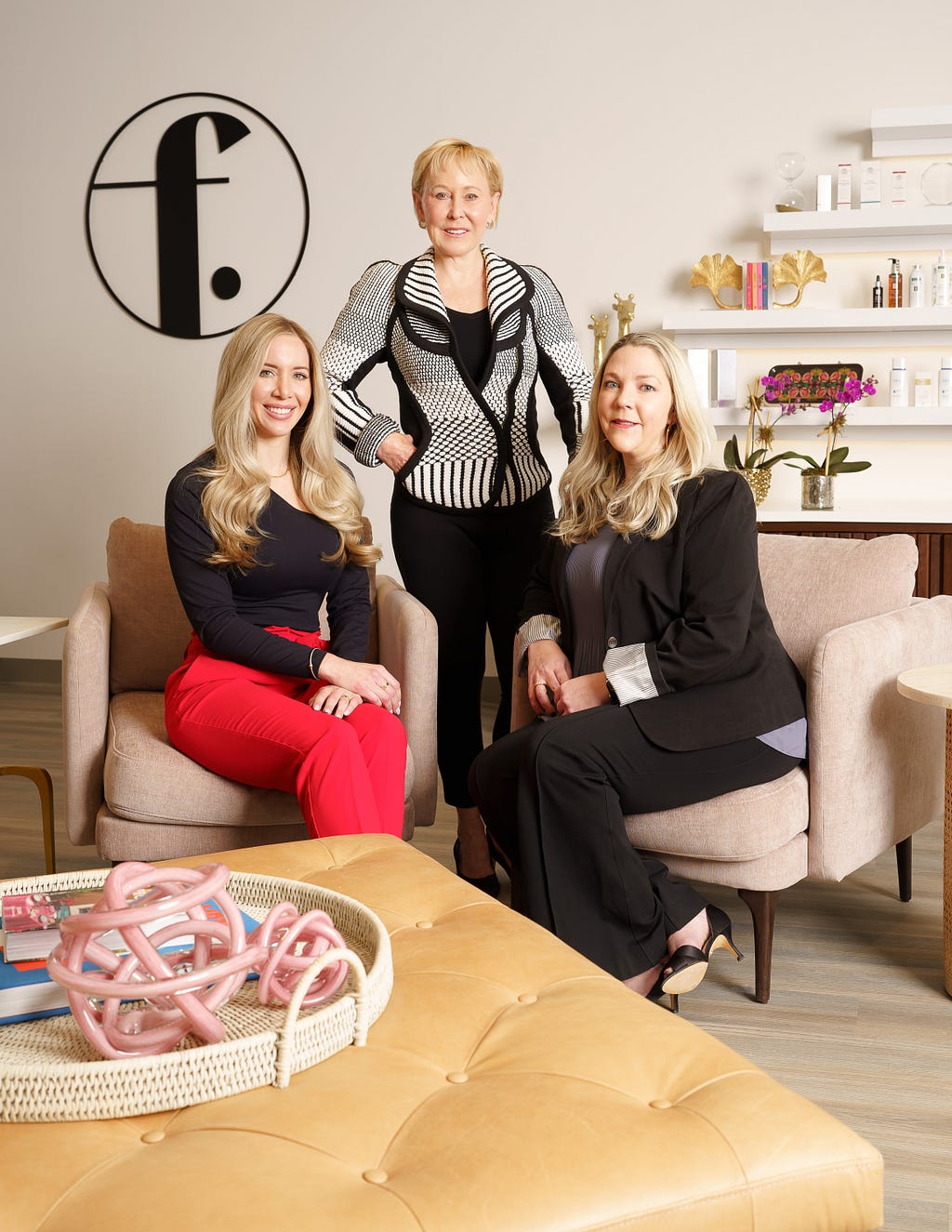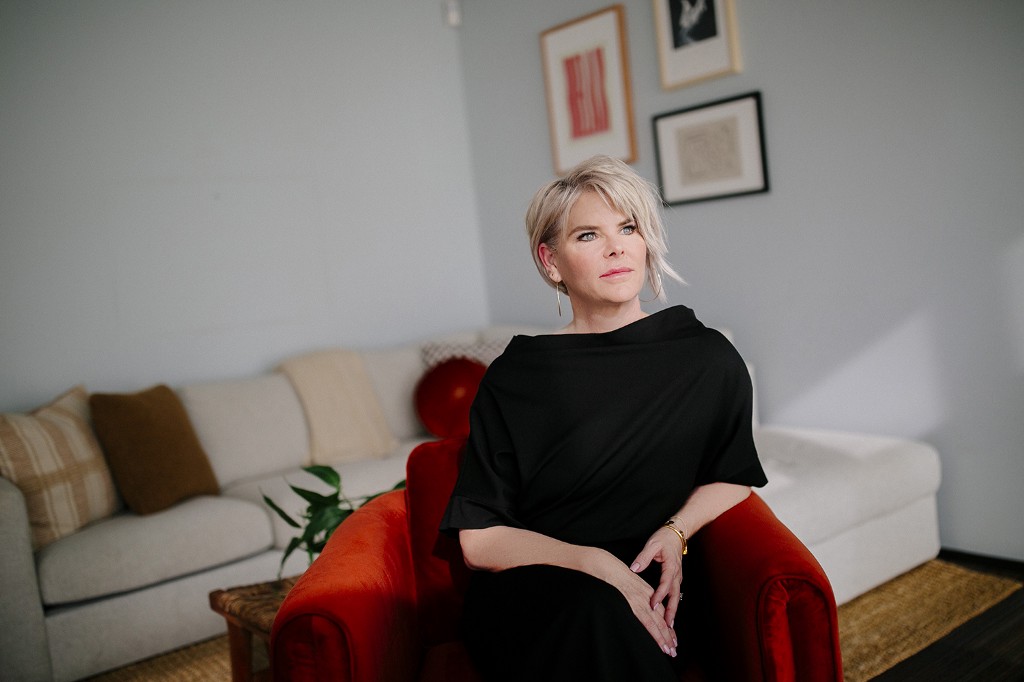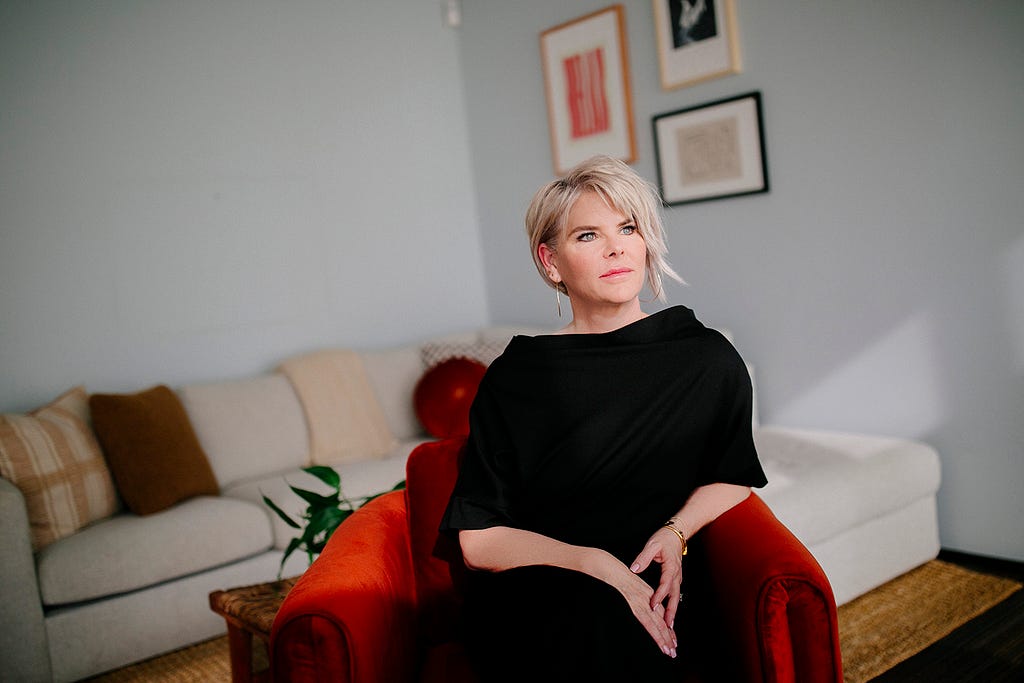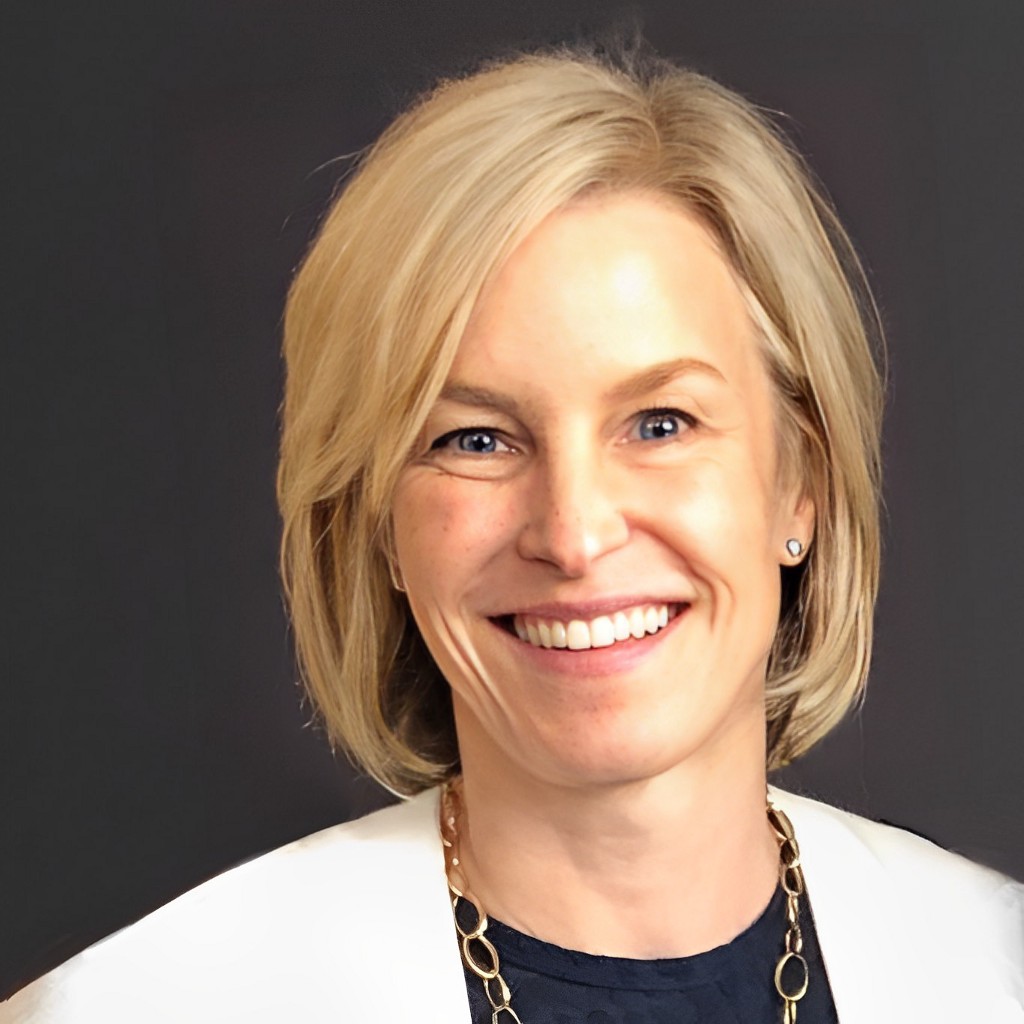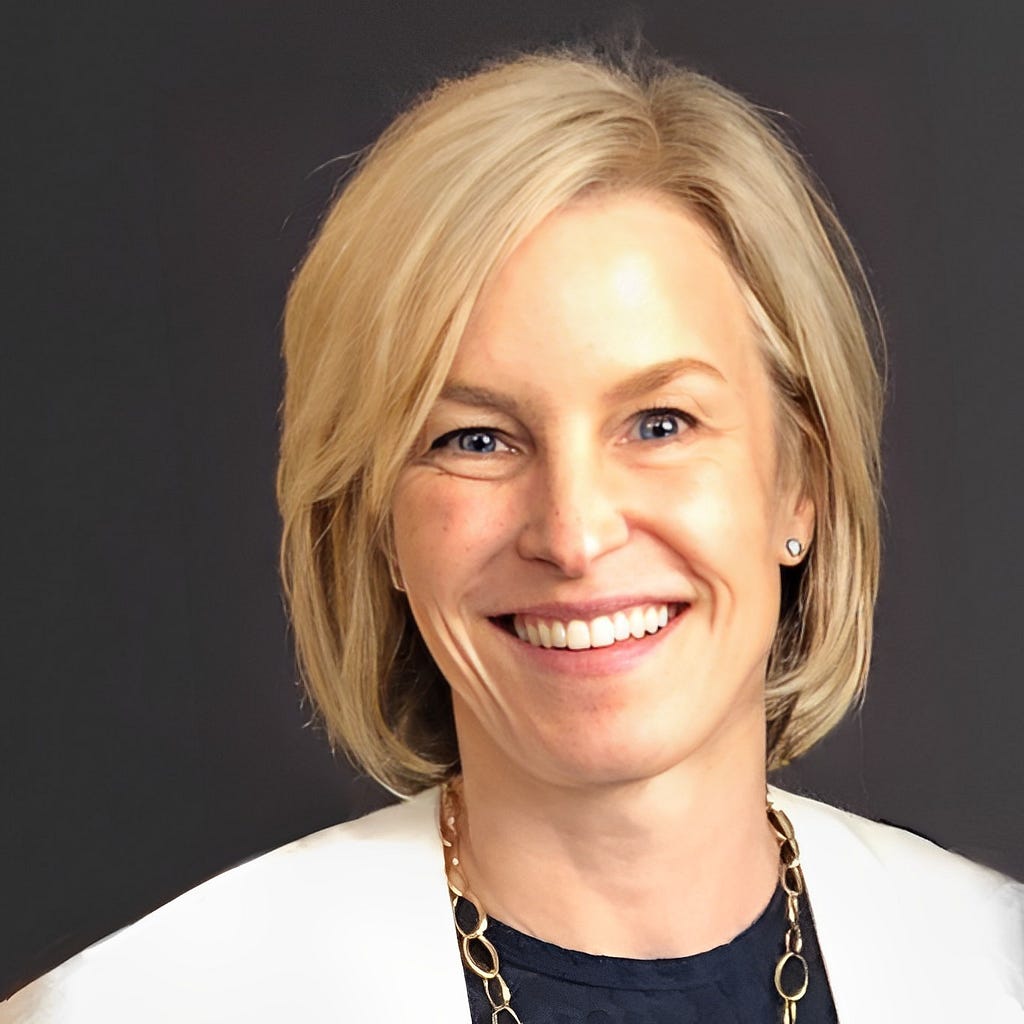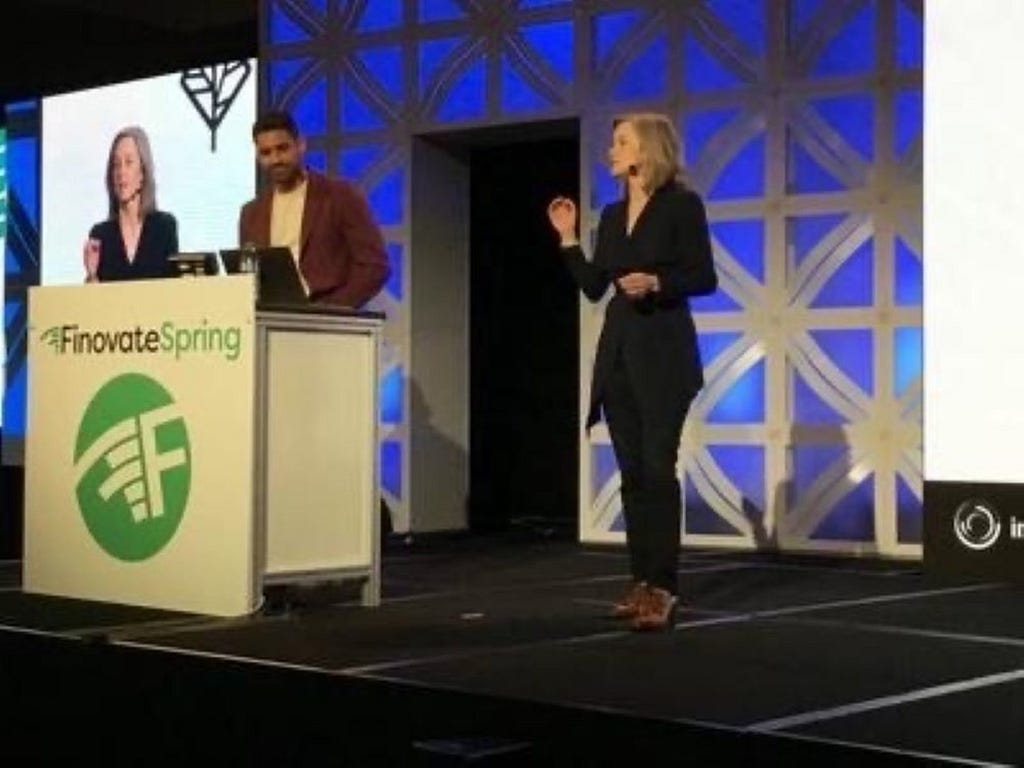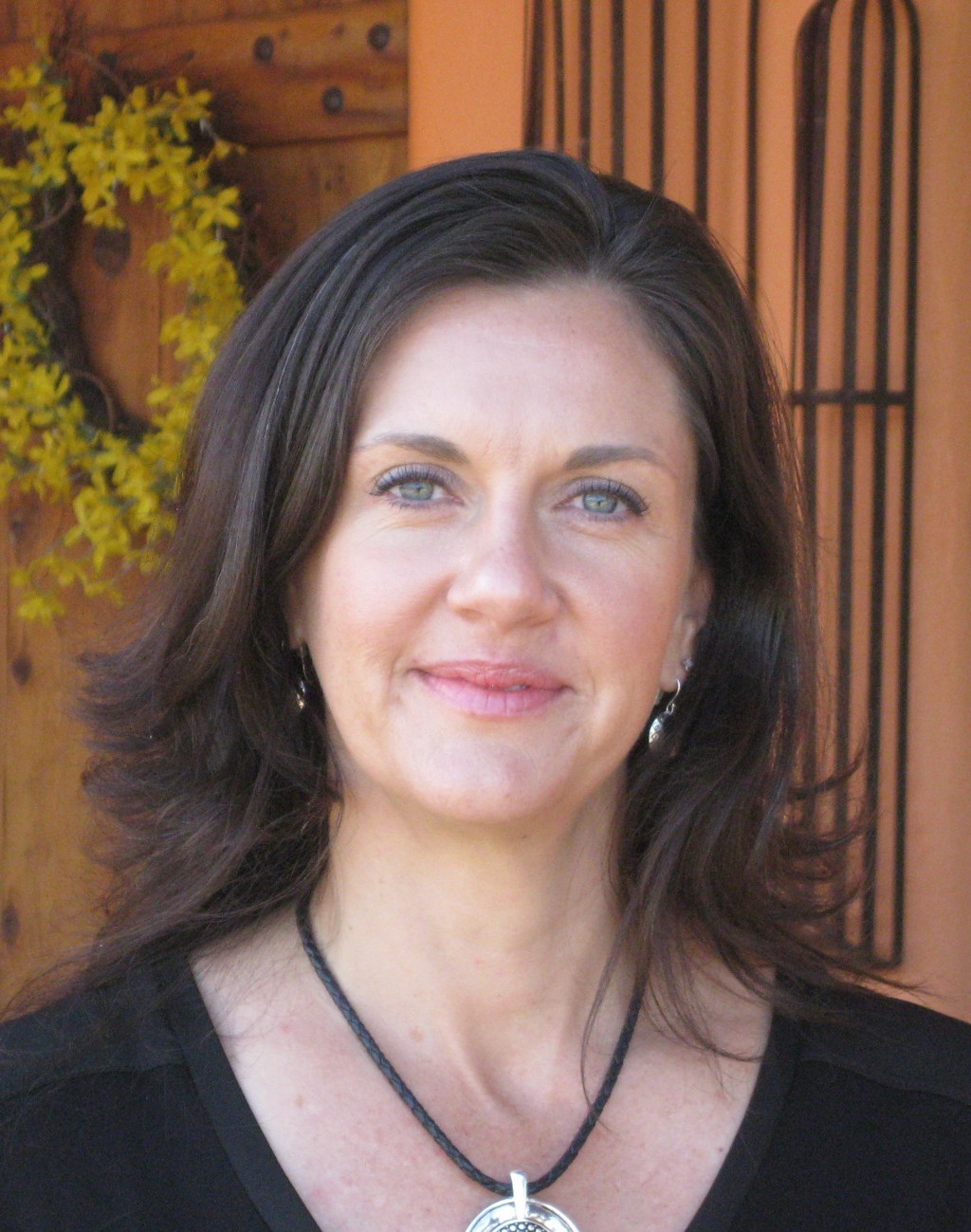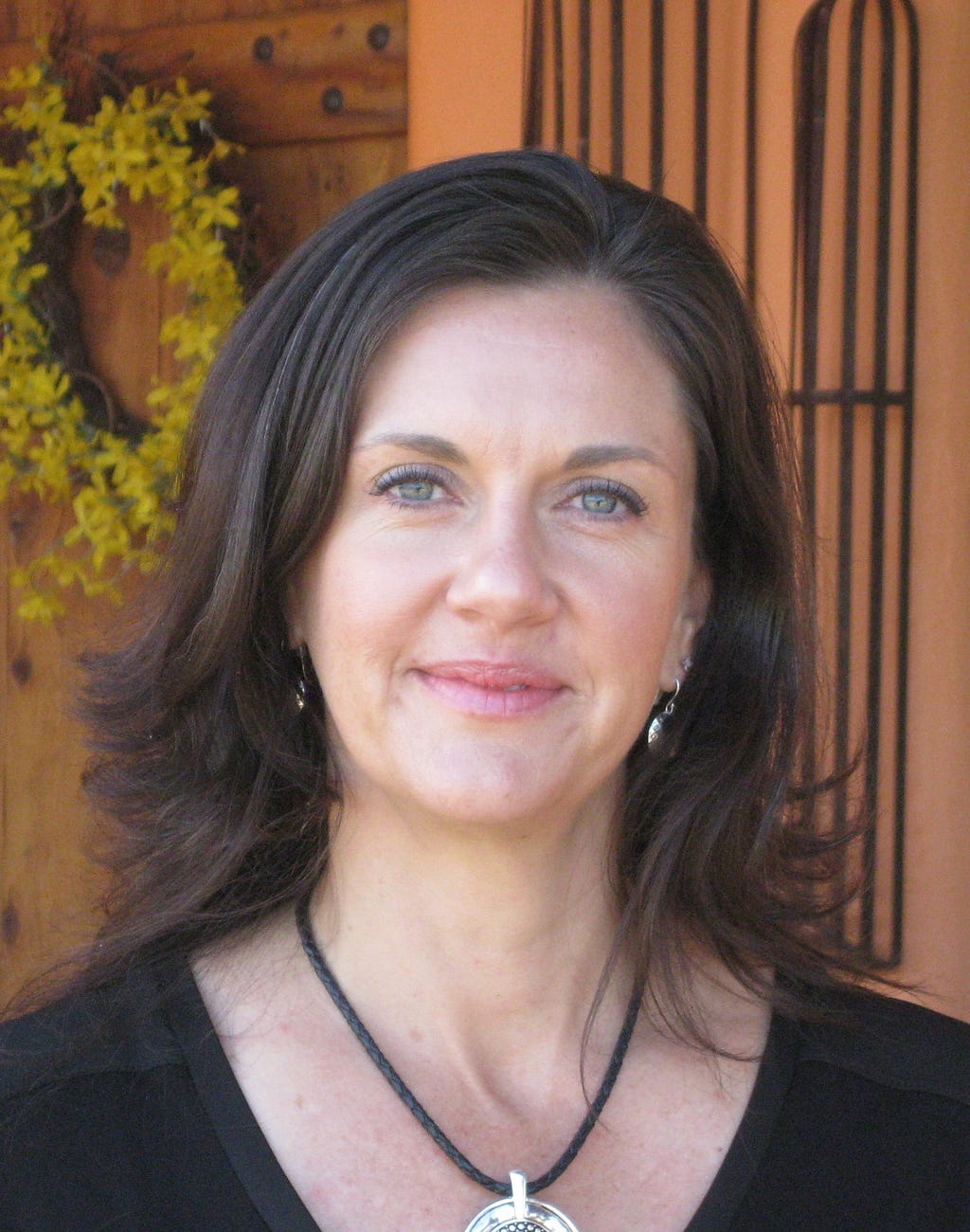Female Disruptors: Kelly Oriard and Callie Christensen of Slumberkins On The Three Things You Need To Shake Up Your Industry
An Interview With Candice Georgiadice

Trust Yourself: Lean into your gut and intuition. Similar to being a parent, as founders of a company, treat this as your child and always trust your gut and intuition when it comes to decision making, but always remember to take advantage of the knowledge other people have.
As a part of our series about women who are shaking things up in their industry, I had the pleasure of interviewing Kelly Oriard and Callie Christensen.
Kelly Oriard and Callie Christensen are best friends, co-founders and co-CEO’s of Slumberkins, a children’s education and emotional health brand. Kelly holds a dual master’s degree in Marriage & Family Therapy and School Counseling. Slumberkins is at the forefront of brand building as they expand their characters and stories across new mediums, most recently an Apple preschool series produced by The Jim Henson Company, now available on Apple TV+.
As a therapist, school counselor, and mother, Kelly has been passionate about changing how we support mental and emotional well-being for children and families. As the author behind the character storylines at Slumberkins, Kelly is changing the way children and families can access the content and strategies, usually found in a family therapy session, in a fun, easy-to-use way that creates healing and brings meaningful moments of connection that make a lifelong impact on the emotional health of children.
Callie holds a master’s in teaching elementary education and special education. As a mother and educator turned entrepreneur, she’s on a mission to use her educational background to create an accessible, meaningful, and purposeful brand that is useful in every home and school to help support families and communities on their journeys of emotional health.
Thank you so much for doing this with us! Before we dig in, our readers would like to get to know you a bit more. Can you tell us a bit about your “backstory”? What led you to this particular career path?
We have been best friends for over 20 years. Playing sports together in high school, we are both very competitive and went on to play at the collegiate level while diving into our careers as an educator and a school counselor. We both thought we would retire as educators until we were on maternity leave together and had the time to think about the need we were both seeing for children to have more early emotional learning before they entered the school systems. What we saw was emotional wellness really works best when implemented first in the home environment between the primary caregiver and child. With that in mind, we came up with Slumberkins as a side hustle that we built from a $200-loan borrowed from our family. We hand-sewed the first characters in the line and started selling at local craft fairs around town, each accompanied with a therapeutic storyline and positive affirmation. We found a real need for this type of intentional product and a growing community that helped the brand take off. In 2017, we had an appearance on ABC’s Shark Tank and while we didn’t get an investment, it did help us continue to grow our community — now more than 1 million strong — and pushed us to keep building the brand which we believe in so much. Now we are continuing to expand into new verticals like entertainment and have grown into one of the leading children’s emotional learning brands on the market.
Can you tell our readers what it is about the work you’re doing that’s disruptive?
Being co-CEOs and co-founders of a leading children’s education brand, we are making strides by making it easier for caregivers to support the overall emotional wellness and social-emotional learning of their children which supports systemic intervention. We use therapeutic tools and resources, such as affirmations and storyline to create a deeper connection with meaningful moments integrated into all of our product offerings. Not only do people remember the world of Slumberkins, but they feel the learning or change they want to enact in their lives, which speaks to the power of our company. While there are of course a lot of wonderful preschool education companies and products out there, we’re pioneering making social-emotional learning accessible in this broad way, from experts in the field who are parents ourselves.
Can you share a story about the funniest mistake you made when you were first starting? Can you tell us what lesson you learned from that?
Because we had built the brand with our own products and self-published books, when we realized we wanted to bring the creatures to life as puppets, we figured we would just do it ourselves… with no experience in film, puppetry, scriptwriting. Our team started calling it the ‘Rogue Puppet Show’ because it was the little passion project within the core passion project that had grown into Slumberkins. We thought we could compete with the best in the business with inspiration from The Muppets and Labrinth, but quickly learned that that was something best left to the masters! As with many things along our story, a bit of Slumberkins magic landed us at just the right place with the president of children’s programming for the Jim Henson Company and the rest, as they say, is history. Our co-production of the Slumberkins series is now streaming on Apple TV+. It’s truly a dream come true.
We all need a little help along the journey. Who have been some of your mentors? Can you share a story about how they made an impact?
We were fortunate enough to meet several people along the way to help support us in our startup. Our first-ever investor was a man named Adam Merrino, who worked at Morgan Stanley. He helped us in the early stages of Slumberkins before we even knew what profits and losses were. He took a bet on us by taking the time to learn about our core mission with Slumberkins, what we were doing with our characters and affirmations and helped us make more informed business decisions to help get us off the ground.
Through our first manufacturer in 2017, we were introduced to the founder of Build-A-Bear, Maxine Clark. We had a strong connection with Maxine from the get-go because of the obvious connection between education and plush toys. Maxine was instrumental in the development of our own plush toys and acted as a trusted advisor to Slumberkins as we fine-tuned our products.
Through professional networks, we met Shawn Dennis in 2019, who had experience with American Girl Doll and Goldie Blocks and really helped push our brand to the next level from a brand perspective and consider the needs of the consumer and how to create the best experience possible for them.
In today’s parlance, being disruptive is usually a positive adjective. But is disrupting always good? When do we say the converse, that a system or structure has ‘withstood the test of time’? Can you articulate to our readers when disrupting an industry is positive, and when disrupting an industry is ‘not so positive’? Can you share some examples of what you mean?
As a category-defining brand, we thrive in the world of disruption. We are changing the way people look at emotional learning when it comes to their children and how we can better move things forward with the technology and resources that we already have.
We started out selling our products at local farmers’ markets and crafts fairs and now we are expanding our business into television and other major markets to help reach kids more easily.
Since Kelly has a background as a family therapist who studied systems thinking, it’s very much part of what we do in the products and how we operate. When we are adaptive, it really stands the test of time where you’re the perfect balance of being rigid and malleable at the same time. Disruption and change of systems is the most natural thing to happen. Once you have stability, you will have disruption. It’s not necessarily good or bad, it just will happen. It’s what you learn from that determines your strength moving forward.

Can you share 3 of the best words of advice you’ve gotten along your journey? Please give a story or example for each.
- Trust Your Intuition: In the early days of fundraising, multiple investors and advisors (all men, by the way) questioned our decision to be co-CEOs. It made us do the hard work in establishing our roles in the company, establishing trust, and building a united front. We are co-CEOs, and since this is a partnership, we have treated it as the same as we do with any partnership, like a marriage. In order to keep our relationship healthy and strong, together we see a family therapist. We each have a lane and area of expertise and a team that we consult with to make decisions.
- Trust Yourself: Lean into your gut and intuition. Similar to being a parent, as founders of a company, treat this as your child and always trust your gut and intuition when it comes to decision making, but always remember to take advantage of the knowledge other people have.
- As opportunities grow, learn the power of saying no. You can’t do it ALL. Learn how to properly sequence and prioritize your day to day and long term strategy
We are sure you aren’t done. How are you going to shake things up next?
Slumberkins is continuing to rapidly expand across entertainment, content, publishing, music, school curriculum and more. We recently released a show with Apple TV+ which is really a dream come true. It’s a dream to expand the brand and help bring emotional wellness to the forefront for as many kids and families as possible.
In your opinion, what are the biggest challenges faced by ‘women disruptors’ that aren’t typically faced by their male counterparts?
A big challenge that we as women disruptors face is an unconscious bias that people think when they hear the term “female business owners.” We have met with a lot of people who get really excited about us but it’s a smaller pool of investors who are willing to back us — until they see the impact the brand has on children and families.
Do you have a book/podcast/talk that’s had a deep impact on your thinking? Can you share a story with us?
We love Untamed and We Can Do Hard Things podcasts by Glennon Doyle. Glennon is very in line with the practice of trusting your gut and inner wisdom, which has spoken a lot to us in our journey with Slumberkins. She is such an advocate for making space for conversations about mental and emotional health.
Additionally, IntraConnected by Dan Siegle has had a huge impact on our thinking. We are huge fans of his research and work around the study of the mind, the potential of connection between ourselves, each other and how that can change everything. He was an inspiration to Kelly in interpersonal neurobiology and as an incredibly well-respected thought leader.
You are both people of great influence. If you could inspire a movement that would bring the most amount of good to the most amount of people, what would that be? You never know what your idea can trigger.
Our mission has always been to see social-emotional learning become an intentional part of the early childhood experience. Slumberkins provides digestible and therapeutic tools to normalize conversations about big feelings.
Can you please give us your favorite “Life Lesson Quote”? Can you share how that was relevant to you in your life?
“Que será será’, whatever will be will be. Accepting what is and striving for what’s next is a wonderful place to be. Don’t let worry or let fear stop you. We never know what’s going to happen.
How can our readers follow you online?
Instagram: https://www.instagram.com/slumberkins/?hl=en
Twitter: https://twitter.com/slumberkins?lang=en
Facebook: https://www.facebook.com/slumberkins/
Thank you for these fantastic insights. We greatly appreciate the time you spent on this.
Female Disruptors: Kelly Oriard and Callie Christensen of Slumberkins On The Three Things You Need… was originally published in Authority Magazine on Medium, where people are continuing the conversation by highlighting and responding to this story.


